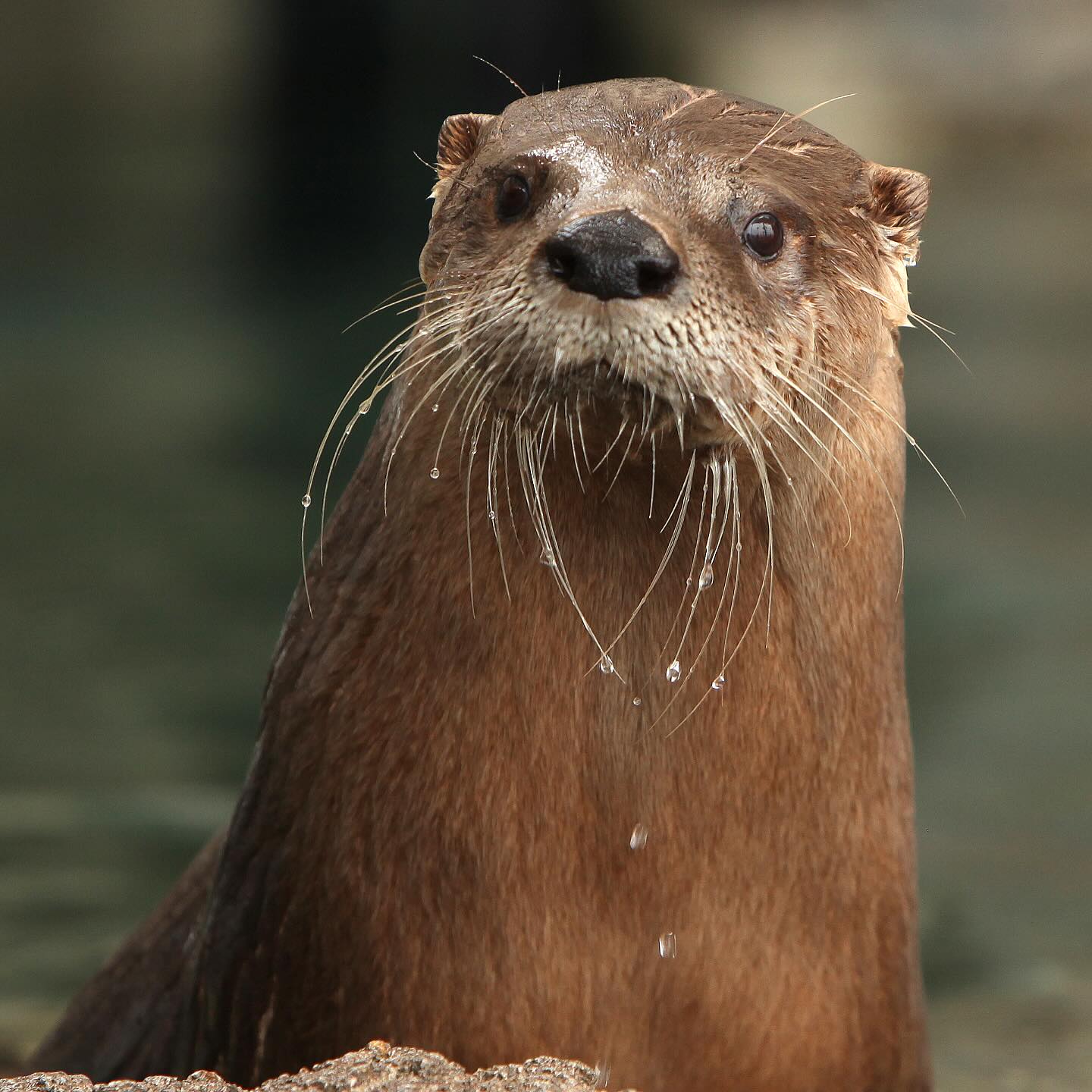- The life and legacy of Merlin, the North American river otter, and his impact on those at the Texas State Aquarium.
- The characteristics and habits of North American river otters, including their conservation status.
- The significance of animal care and rehabilitation in zoos and aquariums for species conservation.
- The importance of public engagement and education in fostering appreciation for wildlife.
- The role of aquariums and zoos in wildlife conservation and species protection.
Merlin, the North American river otter, held a cherished position within the Texas State Aquarium’s family. For 20 years, Merlin not only captured the hearts of visitors and staff but also served as an ambassador for his species, raising awareness about the challenges facing wildlife globally. The loss of Merlin, at 20 years of age, is a poignant reminder of the profound connections forged between humans and animals over time. His presence exemplifies the larger role zoos and aquariums play in wildlife conservation and education.
North American river otters, like Merlin, are semiaquatic mammals belonging to the Mustelidae family, known for their vivacious nature and playful behaviors. These otters are a vital part of aquatic ecosystems in North America, often found in rivers, lakes, and coastal areas. Characterized by their powerful, streamlined bodies, river otters are adept swimmers, using their webbed feet and muscular tails for propulsion. Their playful antics, such as sliding on mud or snow and chasing after swirling leaves or floating debris, are not only charming but play an essential role in social bonding and skill development.
Conservation concerns for river otters primarily stem from habitat loss due to human activities like urbanization, pollution, and the alteration of waterways. As a result, the health of river otter populations is a strong indicator of ecosystem quality. Efforts to preserve and restore their habitats are crucial, making the work done by zoos and aquariums, like the Texas State Aquarium, invaluable. These institutions provide a controlled environment that ensures the well-being of animals while facilitating education and conservation research.
Animal care and rehabilitation are fundamental elements of zoo and aquarium operations, where dedicated teams ensure optimal health and enrichment for their residents. Merlin’s long life at the aquarium underscores the significance of these efforts. The care teams provide not only food and medical attention but also stimulate natural behaviors through play and interaction, enhancing the lives of the animals in their charge. The human-animal bond, built over years of trust and familiarity, is evident in the way Merlin was surrounded by those who loved and cared for him during his final moments, showcasing the deep commitment of caregivers to their animal residents.
Public engagement and education are also key components of conservation efforts. By offering visitors direct, positive interactions with animals like Merlin, aquariums and zoos foster a greater appreciation and understanding of wildlife. Educational programs, interpretive talks, and interactive exhibits highlight the importance of biodiversity and the role each species plays in maintaining ecological balance. Through these initiatives, the public is encouraged to take an active role in conservation, advocating for the protection of wildlife habitats and supporting policies that promote environmental sustainability.
Aquariums and zoos play a pivotal role in the broader framework of wildlife conservation, each serving as a sanctuary for species that are endangered or threatened in the wild. They participate in breeding programs to help bolster populations of at-risk species and contribute to scientific research that furthers understanding of animal health, behavior, and reproduction. Partnerships with conservation organizations and universities enable these institutions to develop and implement effective strategies for species preservation.
Merlin’s life and legacy are a testament to the impact that individuals can have on fostering awareness and empathy for the natural world. As an ambassador for his species, Merlin inspired countless people to learn about and care for wildlife, emphasizing the role of zoos and aquariums as centers for conservation and education. His story highlights the contributions of these institutions in safeguarding the future of many species and habitats. As we reflect on Merlin’s journey, we are reminded of the interconnectedness of all living beings and the responsibility to protect and preserve the diversity of life on Earth.
*****
Source Description
With heavy hearts, we share the passing of Merlin, our beloved North American river otter. At 20 years old, Merlin was the eldest of the three otters in our care and a truly cherished member of the Texas State Aquarium family.
Merlin passed away peacefully, surrounded by the people who knew and loved him most.
Since joining our Aquarium in 2006, he has left an unforgettable mark on the hearts of all who encountered him—from his dedicated caregivers to the many staff, members, and guests who came to adore him over the years.
With his signature white “milk mustache,” his cozy felt blankets, and his playful dives in search of pebbles, Merlin was far more than a favorite—he was family. His gentle spirit, endearing quirks, love of fish, and quiet naps in the shade made him a source of joy and connection for so many.
His long life stands as a testament to the exceptional care, compassion, and dedication of the animal care team who walked beside him every step of the way. The bond they shared with Merlin—built over years of trust, training, and love—was truly extraordinary.
Our thoughts are with the Marine Mammal team and with all those who had the privilege of being a part of Merlin’s life and care. We are honored to have shared this journey with him—and with all of you.
Goodbye, Merlin.
You’ll forever hold a special place in our hearts. 💙


